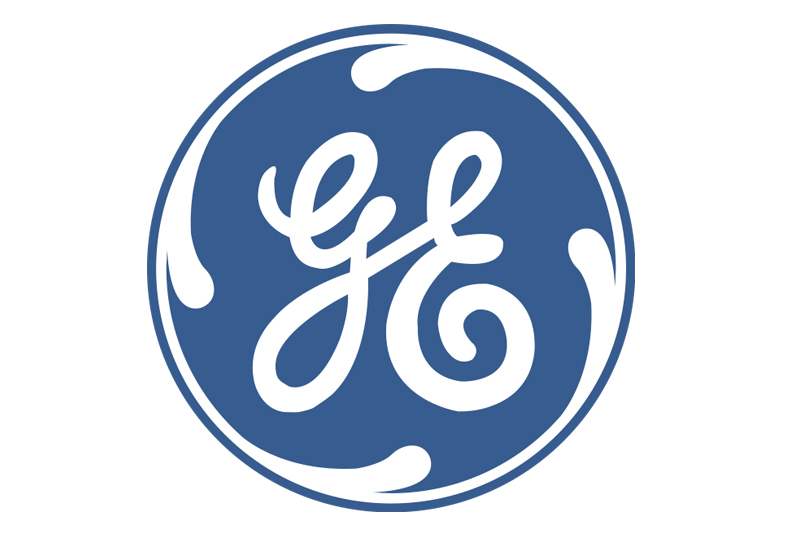By Nat Rudarakanchana - General Electric Company (NYSE:GE) plans to revolutionize fridge technology, as fresh research enables us to replace traditional fridge compressors with sophisticated magnet technology.
GE scientists in a Louisville, KY lab estimate that the revamped fridges are 20 percent more energy efficient. That could help consumers cut electricity bills, though the technology may only be commercially available in 2020.
“This magnetic coil technology has real potential to increase the energy efficiency of cooling devices,” said GE’s lead project engineer Michael Benedict at a Thursday video conference.
“It’s not just refrigeration. It could be air conditioners, or things that make things warm. Anytime you want to move heat around, this magnetocaloric technology can help get this done,” he said.
The system exploits a metal alloy, which takes on special properties within magnetic fields. A regenerator hosts magnetic coils, through which fluids are passed, and which is readied within a magnetic charger. All this helps move heat out of fridges into the kitchen, similarly to how fridges currently work.
Energy efficiency for modern fridges peaked within the past decade, and a serious breakthrough was required to boost efficiency beyond tweaking standard vapor compressors, according to GE.
That technology has been widely used for the past hundred years, making this the most significant breakthrough in fridge tech for decades, said the company. [LINK TO RELEASE] General Electric has worked on this research since 2006.
Fridges are a highly visible business for company’s GE Appliances unit, though consumer appliances make up a tiny slice of the company’s profits, which come mostly from its financial and industrial operations.
There are an estimated 150 million refrigerators in the U.S. alone. General Electric’s Home & Business Solutions units, which includes consumer appliance sales, earned $8 billion in revenue in 2012, relative to $46 billion earned by GE’s financial arm then.
Now GE scientists are working to slim down the size and cost of the new fridge system, which now costs up to four times more than the standard system. Prototypes have moved from elaborate cart-size systems to shoebox equivalents, though the company aims for a device which resembles an oversized can.
Magnetocaloric cooling is not new. It’s been around for over a century, and scientists even won a Nobel Prize around 1900 for achieving low temperatures with the science.
But previously such setups were used in scientific applications to achieve absolute zero temperatures and couldn’t be deployed commercially. New materials which came close to room temperatures and which could shift temperatures more subtly only emerged 15 years ago, enabling commercial research.
“These things are on 24 hours a day,” said Venkat Venkatakrishnan, research and development director for GE Appliances. “For the overall country and the grid, it’s going to save a phenomenal amount of energy.”
General Electric worked with U.S. government-funded Oak Ridge National Laboratory in Tennessee on the project. Recycling fridges will also become easier with the technology.
